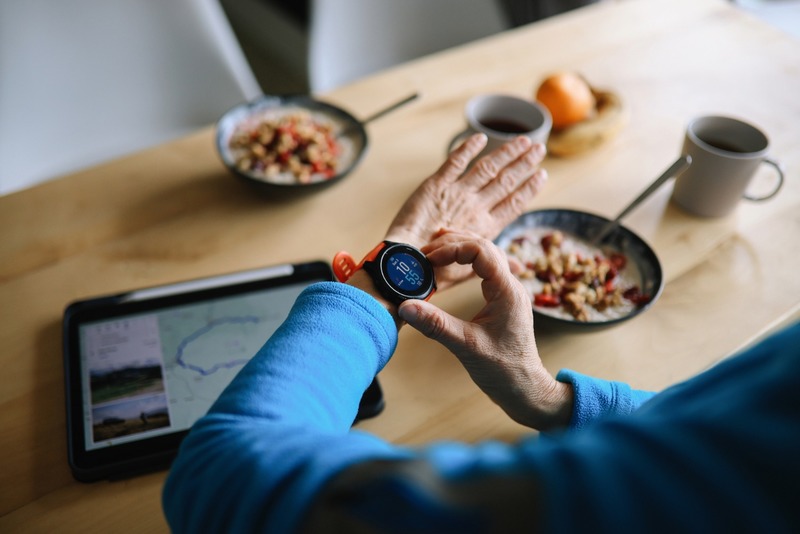News
All Pain Isn't Created Equal
Pain is defined as an unpleasant sensory and emotional experience to actual or potential tissue damage. This explains the obvious in that pain is uncomfortable but also illustrates that pain involves an emotional response to the discomfort. In pain management we address both the sensory and emotional experiences.
All pain is not the same. The experience of pain is an evolutionary adaptation to tell us that something is wrong with our body. How it feels leads doctors to a diagnosis. Pain is classified by time duration as well as type. Pain that exists for less than three months is called acute pain whereas pain that exists for longer than three months is called chronic pain. The two most common types of pain are nociceptive and neuropathic. Nociceptive pain is pain caused by damage to non-nerve tissue - for example when you break a bone. Neuropathic pain is caused by damage to nervous tissue- for example a herniated disc in your back pressing against a nerve. Nociceptive pain feels like aching and throbbing whereas neuropathic pain feels like electrical shocks.
Pain classification is important because treatment for each type of pain is unique. Pain management specialists use multimodal treatments. This means that we use many different types of medications and procedures to maximize pain control and minimize side effects. Opioid medications such as morphine are the mainstay of management. However we try to minimise use of opioids because of side effects including nausea vomiting constipation sleepiness and sometimes inadequate pain control. Opioids control your pain well when remaining motionless but as soon as you move they do not help. For movement-evoked pain we use medications such as Tylenol and ibuprofen. One of the most effective ways to control pain is with a nerve block. Nerve blocks use local anaesthetics numbing medicine to put a specific part of your body to sleep (like your right arm). Depending on the type of nerve block this nerve sleep can last anywhere from hours to days. For neuropathic pain we use medications such as neurontin to reset the nerve so that it causes less discomfort.
If you are in pain it is important to tell your health care provider. Everyone knows that pain is unpleasant but treating pain is important for other reasons too. Untreated pain causes release of stress chemicals in the body that can decrease wound healing cause poor sleep increase the risk of development of long-term pain and increase the risk for addiction to pain medications. Of utmost importance to our active Vail Valley population pain delays return to normal activities. When in uncontrolled pain you do not want to fully participate in physical therapy. This delays return to normal function like skiing!
It is important to talk to your surgeon about your pain control. Your surgeon can consult the acute pain team at your surgical site. On the day of surgery you will meet your anaesthesiologist and he/she will further describe your pain care. At Vail Valley Medical Center we have an acute pain team comprised of an anaesthesiologist and nurse that will manage your pain 24 hours a day. The team will visit you before surgery every day that you spend in the hospital and will follow-up with you after you return home. We are always on-call and will attend to both the sensory and emotional aspects of your pain. Your acute pain team cares and will be an integral part of returning you to your active life.
Dr. David Ruttum is an anaesthesiologist and acute pain director at Vail Valley Medical Center. He is board certified in anaesthesiology and fellowship trained in acute pain management/regional anaesthesia.
More News
-
New!
More

First Chair to Last Call: What Does Alcohol Really Mean For Your Health?
In nearly every Colorado ski town, some iteration of the neon sign blares its play-hard-party-harder anthem. It’s a not-so-subtle nod to mountain party culture, a lifestyle that normalizes combining sports and outdoor adventures with heavy drinking and partying. In Eagle County, après culture, high-altitude living and outdoor performance have coexisted for as long as locals have been sliding on snow. But how much is too much at altitude? And what role do social support systems play in helping residents find balance?
-
New!
More

Counting More Than Steps: How Wearables Can Help (or Hinder) Your Health
From step counts to sleep stages, heart rate variability to blood sugar spikes, wearable devices are giving us a front-row seat to what’s happening inside our bodies. Strapped to wrists, slipped onto fingers or wrapped around our biceps, wearables like the Oura Ring or Whoop strap promise insight and advice in the quest for better health.
-
More

Cass Barham and Sarah Crabtree Honored As Recipients of Vail Health Elevate Award
Cass Barham and Sarah Crabtree, both lab techs at Vail Health Hospital, have been named recipients of the Vail Health Elevate Award. Vail Health created the Elevate Award in June 2022 to give patients and their families an opportunity to nominate and thank employees who have touched their lives in some way.
